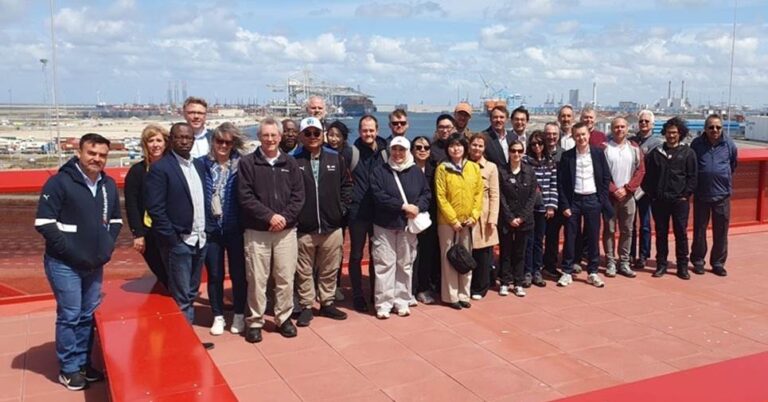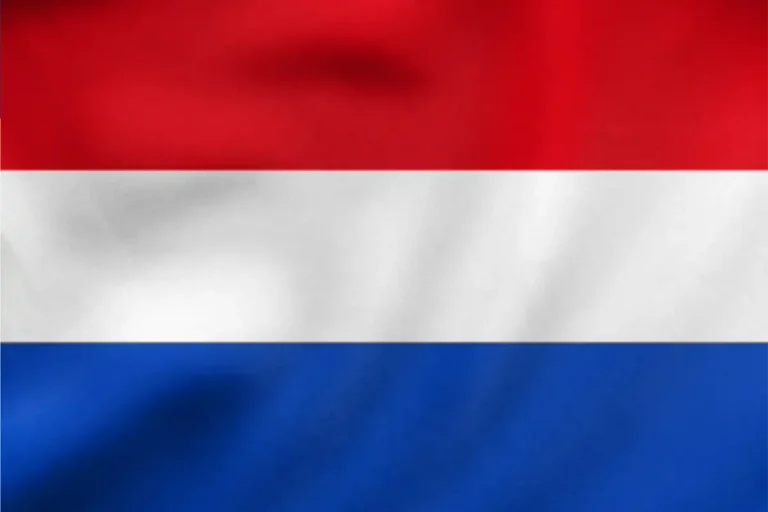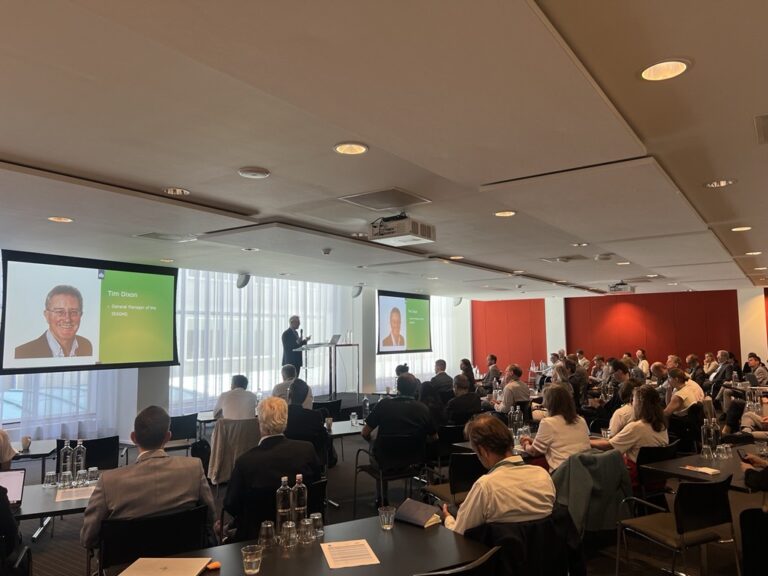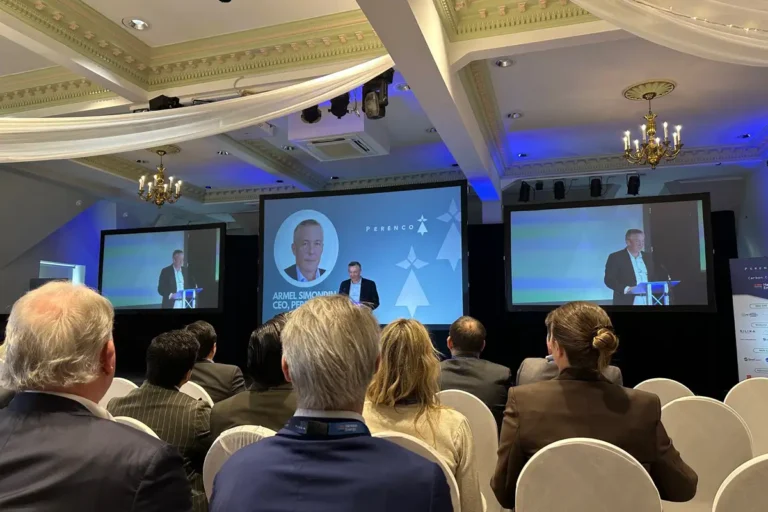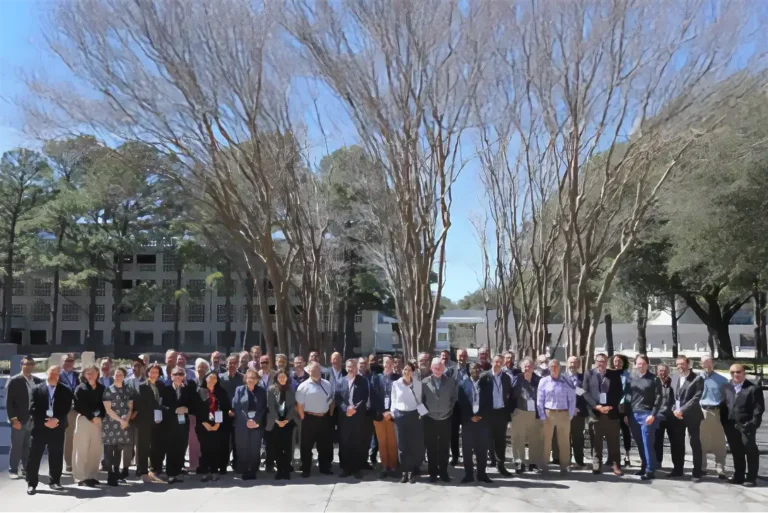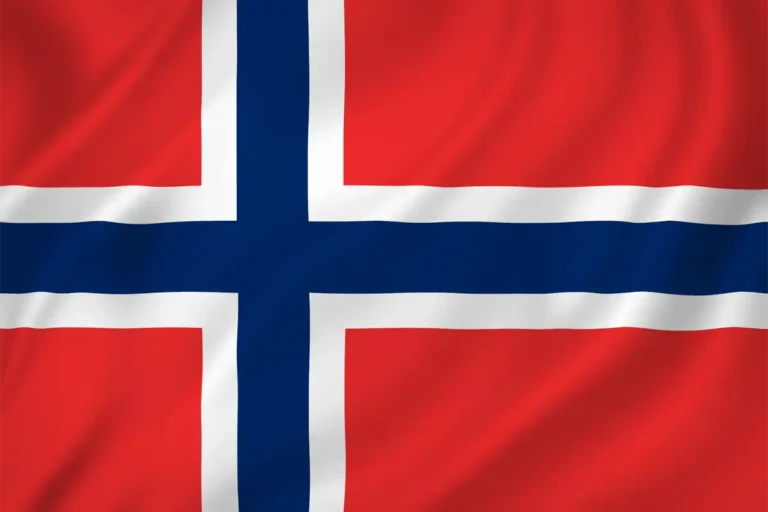
IEA Gender Initiative – energy sector diversity and inclusion
8 December 2020
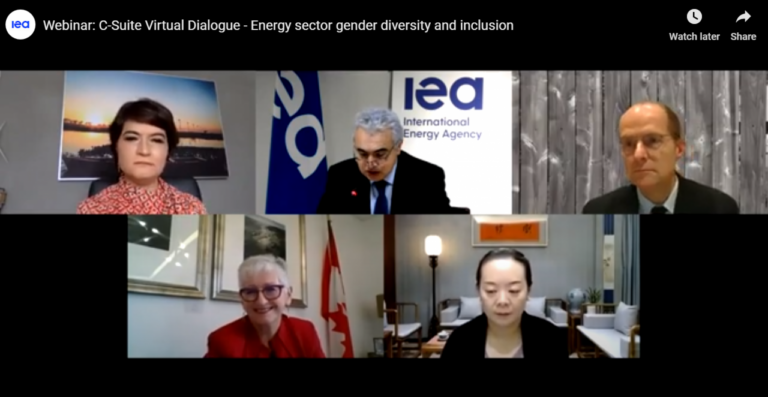

This virtual dialogue by the IEA was held on the 2nd December 2020 as a timely discussion given the current worldwide action to bounce back from the economic effects of the Covid-19 pandemic. The IEA made the first efforts to “put clean energy transitions at the heart of sustainable and inclusive recoveries, and that means empowering women in an effort to create a diverse and inclusive workforce equipped with the knowledge and skills needed for a future-ready sector that meets our global clean energy goals.” This virtual dialogue and discussion was co-hosted by C3E International, aiming to examine ways to accelerated workplace gender diversity in the energy sector, whilst sharing insights on what matters to deliver results for more diversity and inclusion.
Dr Fatih Birol, Executive Director of the IEA, welcomed all, noting that gender diversity is key in the IEA’s guidebook. In January 2016 the modernisation of the IEA was announced and an important pillar to this was to undertake the changes needed in terms of staff management and HR, where the key issue was to increase the number of women as IEA staff members. At the IEA, five years ago senior management was made up of 16% women and today, that number has increased to 38%; a clear indication of the progress that has been made. Dr Birol recognised that when women are involved in the decision making process, better decisions are made and there is an increase in productivity.
The C3E International Initiative is a governmental network, another Technology Collaboration Programme (TPC) under the IEA, and aims to advance gender equality together in clean energy, and ambassadors from the Initiative joined this dialogue today to open the discussion in equality and diversity. More information on this Initiative can be found at https://www.c3e-international.org/.
Madeleine Chenette, Permanent Representative of Canada to the OECD, noted Canada’s progress in bringing gender diversity to the forefront of importance in the energy sector, adding that it was crucial that we recognise the economic, environmental and social benefit of equality. According to the OECD, women are at greater risk of joblessness and poverty from the aftereffects of the pandemic, so now is the time to show more leadership in the encouragement of women in the workforce. Yet, the energy sector remains one of the least gender balanced in some regions. Canada is proud to lead the ‘Equal by 30’ campaign, which aims to reach 30% representation of women in the energy sector by 2030 and helps to work towards equal pay and better leadership opportunities for women.
Lyu Fang is a Senior Engineer & Secretary-General at the Electrical Engineering Institute in China and she recognised there are now more opportunities in the energy sector and it’s important to bring together the world’s best women in the field and support each other to form an interactive force, adding that the China energy sector is open with no barriers and no discrimination. Elbia Gannoum from the Brazilian Wind Energy Association noted that in Latin America companies are aware of the need for diversity, with fast progress over the past two years. In Brazil particularly, there are initiatives to inspire women in energy sector, mentoring programmes and increasing leadership and representation in sector, including the creation of the ‘Energia da Transformção’ platform, planned to boost inclusion and diversity in the Brazilian energy sector. Other work includes supporting projects linked to minorities, holding events based on diversity and adherence to the ‘Women’s Empowerment Principles’ (WEP) which is an initiative of UN Women.
Laura McGee from Diversio noted that numbers on inclusion in different sectors actually puts energy in the middle, although it still has a way to go (for example, representation levels in the asset management sector are lower). Diversio’s data research found that the key issues in the energy sector are access to networks and mentoring for women in junior positions. Millennials are drawn to the energy sector, but the missing link is inclusion in the workplace and this is where we have the biggest opportunity to improve.
Joel Couse, Special Advisor to the IEA, remarked that gender diversity needs widespread action, and focussed efforts with quantitative targets within companies to confront barriers in recruiting women is crucial. It’s interesting that within companies the share of women in the workforce is stratified by age and there is more work to ensure women are promoted to management roles; family development plays a role in this as women suitable for management positions must be identified by the age of 35 for a long-term career, which is very different to men. Therefore, the visibility of women in their roles is crucial and this requires breaking stereotypes. The process to achieve this will be both top-down and bottom-up; the initiative must come from the top but middle management are best place to identify women in their roles and work them up. Laura added that there is huge importance of data and understanding what’s going on in the company; what’s the dynamic between middle managers and employees coming up the ranks? Career sponsors and mentors are really important in helping women work up to higher positions – there is no silver bullet, but myth busting and understanding the data can help to drive progression.
The concluding remarks from the IEA noted:
- Personal leadership is important
- We need role models, people and women in the gender debate to drive your own story
- Networking and networks is important
- The role of data is key; what can be measured can be done
- The IEA has a mandate from members to work on equality and diversity
- The IEA are looking to collect data on women in the area and are looking into best practices, and will publish material as part of the mandate requirements.
IEAGHG are pleased to add that their programme is made up of 60% female employees (50% of the technical staff) and by design, the IEAGHG International Summer School Series aims for a gender balance when accepting students (which currently has an alumni of over 600). We are pleased that we have many significant women leaders in the CCUS world, and we look forward to many more.
Other articles you might be interested in
Get the latest CCS news and insights
Get essential news and updates from the CCS sector and the IEAGHG by email.
Can’t find what you are looking for?
Whatever you would like to know, our dedicated team of experts is here to help you. Just drop us an email and we will get back to you as soon as we can.
Contact Us NowOther articles you might be interested in
Get the latest CCS news and insights
Get essential news and updates from the CCS sector and the IEAGHG by email.
Can't find what you are looking for?
Whatever you would like to know, our dedicated team of experts is here to help you. Just drop us an email and we will get back to you as soon as we can.
Contact Us Now

